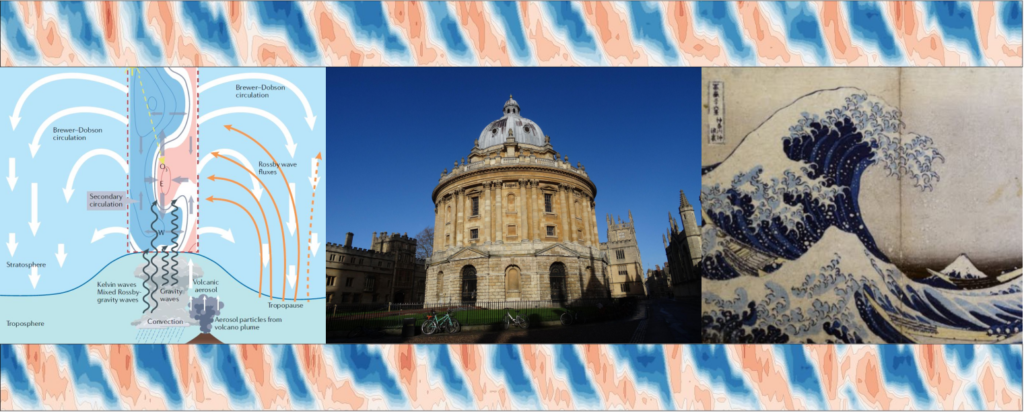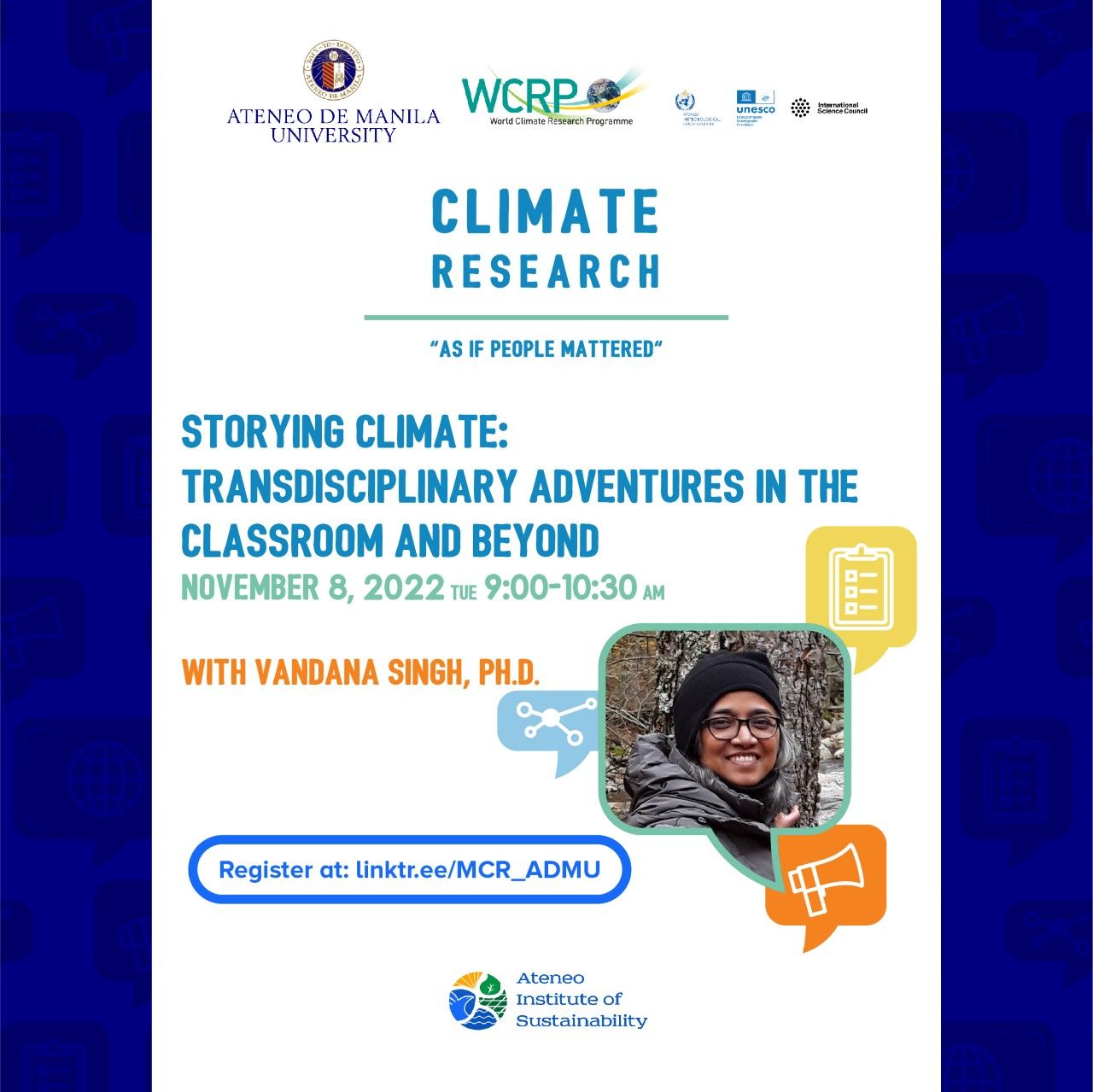A selection of new science articles from the past week of interest to the SPARC community (a SPARC Office choice).
Cluster-based characterization of multi-dimensional tropospheric ozone variability in coastal regions: an analysis of lidar measurements and model results. By C. Bernier et al. in Atmospheric Chemistry and Physics.
Equatorial waves resolved by balloon-borne Global Navigation Satellite System radio occultation in the Strateole-2 campaign. By B. Cao et al. in Atmospheric Chemistry and Physics.
The historical ozone trends simulated with the SOCOLv4 and their comparison with observations and reanalyses. By A. Karagodin-Doyennel et al. in Atmospheric Chemistry and Physics.
Discussion papers – open for comment:
The role of tropical upwelling in explaining discrepancies between recent modeled and observed lower stratospheric ozone trends. By S. Davis et al. in the EGUsphere.
The future ozone trends in changing climate simulated with SOCOLv4. By A. Karagodin-Doyennel et al. in the EGUsphere.


